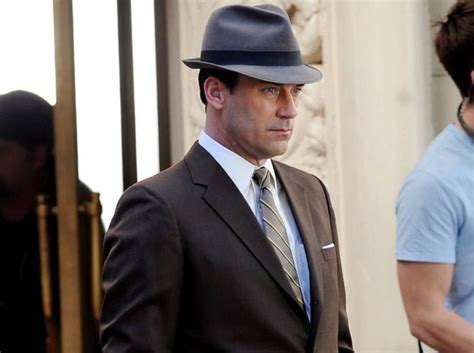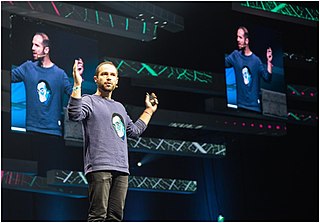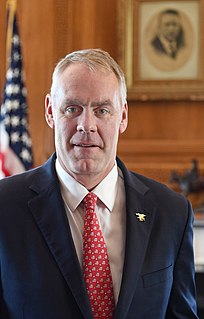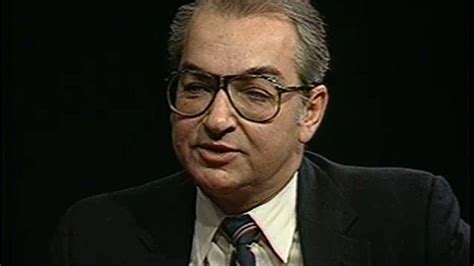A Quote by Gale Norton
I think that our cooperative conservation approaches get people to sit down and grapple with problem solving.
Quote Topics
Related Quotes
People often get racism mixed up with bigotry or prejudice. We need to get our terminology straightened out. We obviously have racial problems that need solving. The first step in solving a problem is to identify it. If we keep mis-identifying bigotry and prejudice as racism we'll never make any headway
I think our former first lady said it last month in one of her first speeches since leaving the White House, I think I'm getting the quote nearly right- "Who could possibly be against feeding children wholesome, good food?" Well, it turns out there are people who are against feeding children wholesome good food and there are people who are against solving our homelessness problem, they're against solving our food security issues and by and along political lines.
Our society values alert, problem-solving consciousness, and it devalues all other states of consciousness. Any kind of consciousness that is not related to the production or consumption of material goods is stigmatized in our society today. Of course we accept drunkenness. We allow people some brief respite from the material grind. A society that subscribes to that model is a society that is going to condemn the states of consciousness that have nothing to do with the alert problem-solving mentality.
Imagine if somebody were to really sit down with Osama bin Ladin and say, 'Listen man, what is it that you're so angry at me about that you're willing to have people strap bombs to themselves, or get inside of airplanes and fly them into buildings?' That would be the miracle if we can get, sit down and talk to our enemies and find a way for them to hear us.



































